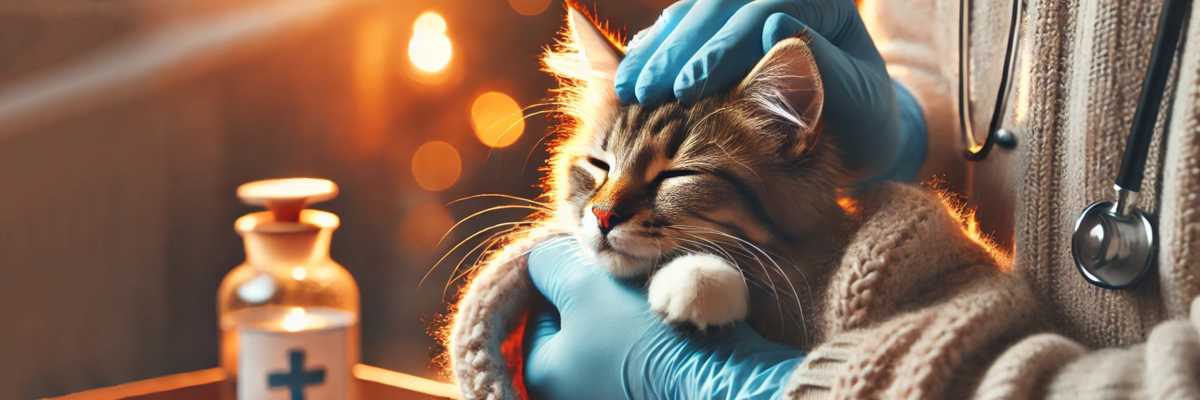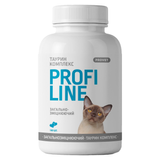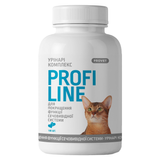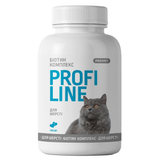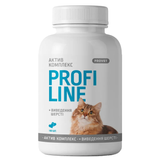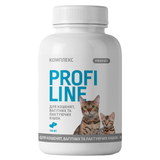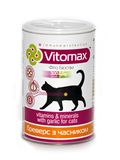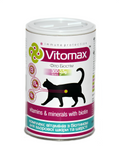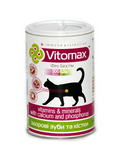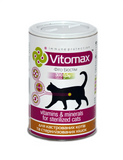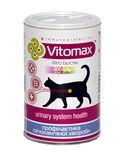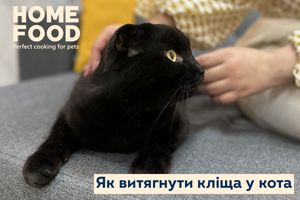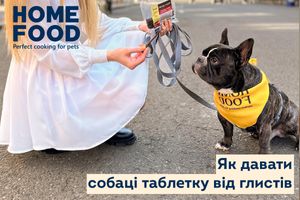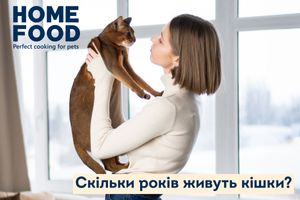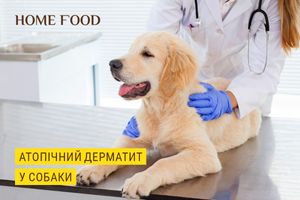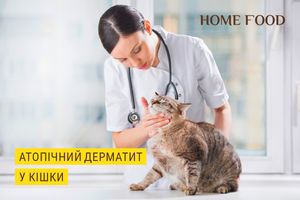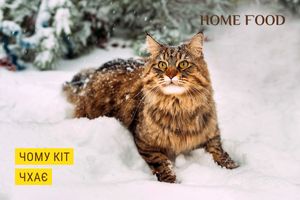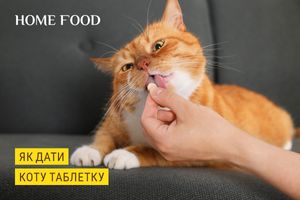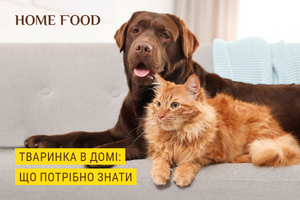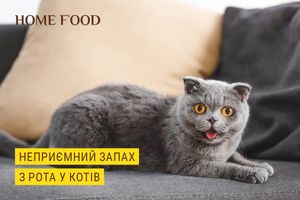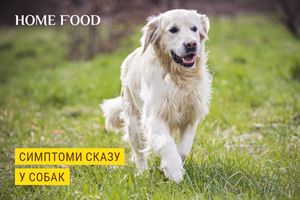With the onset of cold weather, not only people get sick. Fluffy pets - cats - are prone to colds. They have a fever, cough and runny nose. Young frail kittens, elderly individuals and especially short-haired breeds of cats are most prone to diseases.
Causes of colds in cats
Fluffy pets usually easily cope with viral infections. But the weakening of the immune system, as in humans, occurs:
Feeding pets with food that lacks vitamins, a deficiency of proteins and minerals, leads to a decrease in the resistance of the cat's body and the occurrence of infectious diseases. Therefore, it is recommended to support the animal's body with useful supplements. Modern vitamins for cats contain the necessary components in optimal quantities.
Often the symptoms of a cold are associated with a viral disease, but there are also bacterial ones:
Chlamydia can also be included in this group. The disease is transmitted through contact with infected cats. It occurs in an acute form, manifested by conjunctivitis and purulent discharge from the nose.
How a cold manifests itself in cats
All symptoms of a cat suffering from a cold are similar to those of humans. In young kittens, cold infections occur much more often than in adults, due to an incompletely formed immunity. The main symptoms are:
Such symptoms are characteristic of pneumonia, tuberculosis, calicivirus, panleukopenia, mycoplasmosis and infectious peritonitis. Therefore, if possible, it is necessary to place the sick pet in a dry and warm, draft-free place, and provide it with a warm drink. It is important to contact a veterinarian as soon as possible for laboratory tests and diagnosis. It is especially important to do this in case of vomiting and diarrhea, thick green discharge from the nose and rapid deterioration of the pet's condition.
How to treat a cat with a cold
When symptoms appear, the first thing to do is visit a veterinarian. Do not self-medicate your pet. Improperly used drugs for an animal can be no less dangerous than any disease. Timely vaccination will increase the body's protective functions.
If the diagnosis is confirmed, it is recommended to place the cat in a warm, well-ventilated room without drafts and high humidity. When airing the room, the pet should be taken to another room. The cat must have constant access to clean water at room temperature. Vitamin complexes will not be superfluous.
In all cases, during the period of abundant eye and nasal secretions, the mucous membranes should be washed regularly. Deterioration of the animal's condition necessarily requires a visit to the veterinarian.









